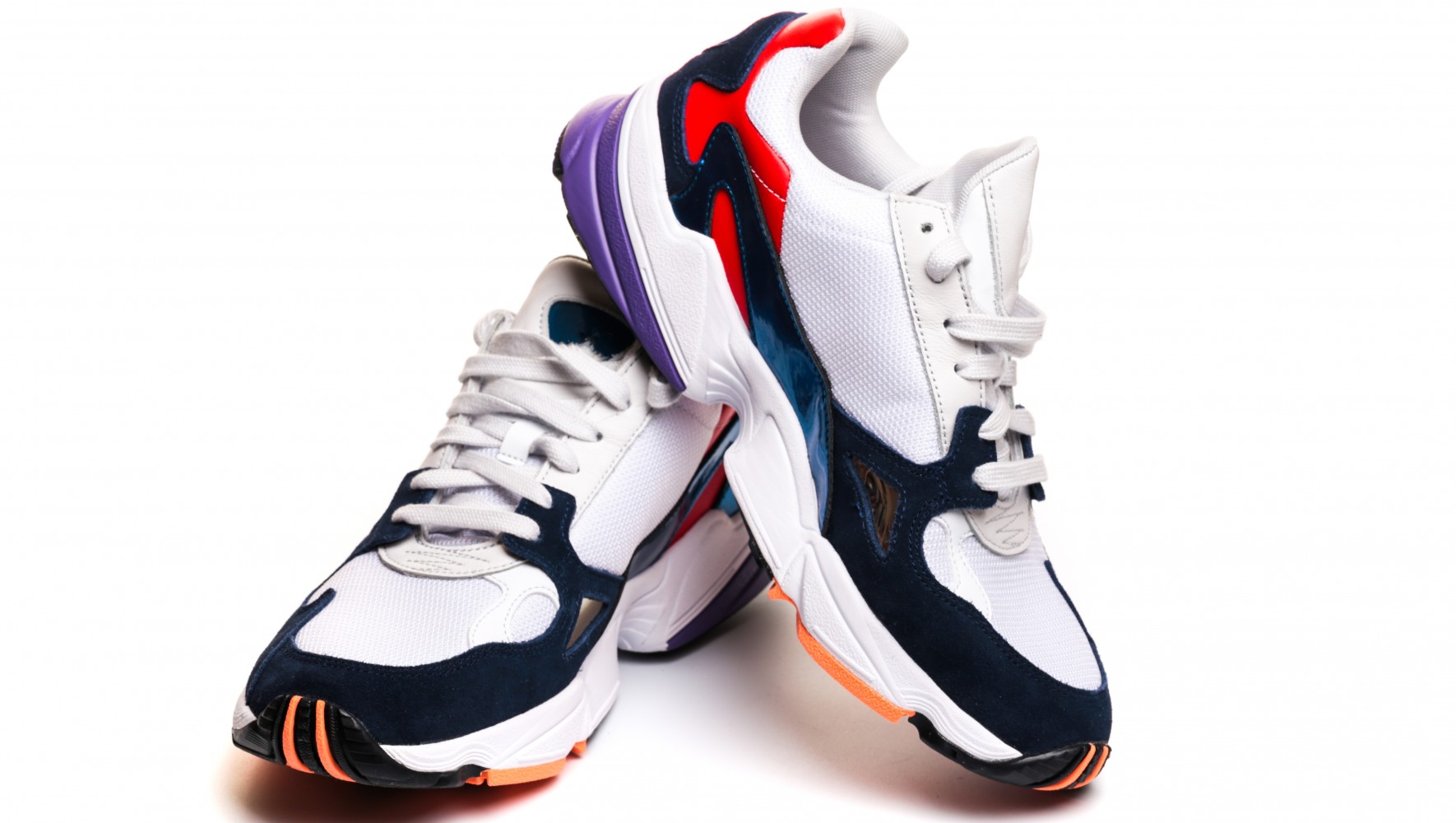Alternative resources
ÃÜÌÒAV expands portfolio of circular TPU products
- Growing product portfolio based on alternative resources
- Production of mass-balanced thermoplastic polyurethanes with reduced carbon footprint planned
- Availability in Europe expected from early 2022, later also in Asia
As part of its program aimed at realizing the circular economy, ÃÜÌÒAV is continuing to forge ahead with the expansion of its product portfolio based on alternative resources. As such, the company's product range in Europe is to be expanded to include mass-balanced thermoplastic polyurethanes (TPU) from as early as the beginning of 2022, and in Asia at a later date.
The new products are produced using bioattributed raw materials and have a reduced carbon footprint in comparison to their fossil-based counterparts. At the same time, the mass-balanced products boast the same impressive quality and properties and can be integrated directly into manufacturing processes in downstream industries without technical modifications. In this context, the products are to be certified according to the ISCC Plus standard.
"I am thrilled that we will soon be able to help our customers in the electronics, footwear, automotive and other industries reduce their carbon footprint with this drop-in solution," said Dr. Andrea Maier-Richter, global head of the TPU business at ÃÜÌÒAV. "With the ISCC Plus certification, we aim to achieve more transparency from raw material purchasing to our production and distribution to customer use. This is an important step in achieving our vision of becoming fully circular."
Extensive range of more sustainable TPU plastics
ÃÜÌÒAV has already launched various TPU products based on alternative resources over the past few years, as more and more consumers prefer more sustainable products. ÃÜÌÒAV is offering a on this topic on October 28 as part of its CE Days event series. Outdoor outfitter VAUDE, for example, plans to use a foam midsole made partly from bio-based TPU in its new Lavik Eco hiking boot. Other product types contain a component that has been manufactured proportionately using CO2 instead of fossil raw materials. ÃÜÌÒAV's range of Desmopan? brand TPU plastics also includes a range of fully recycled products. They are used, for example, in smartphone cases from the Dutch manufacturer Fairphone.
Thermoplastic polyurethanes are very versatile plastics. They come in a variety of hardnesses, are flexible yet impact resistant, and are therefore highly suitable for a wide range of applications.
Mass balancing creates transparency
Supplying mass-balanced products is part of ÃÜÌÒAV's comprehensive global program designed to fully align itself with the circular economy. In doing so, the company is focusing on increasing the use of alternative resources such as bio-based materials, plastic waste and CO2, as well as renewable energies. The company is also collaborating with partners to develop innovative recycling technologies.
In mass balancing, fossil and alternative raw materials are mixed in production but treated separately in accounting. The chain-of-custody method enables materials to be tracked along the entire value chain and allows alternative resources, such as bioattributed components, to be allocated to selected end products. To date, a total of three ÃÜÌÒAV production sites in Europe and Asia-Pacific have been certified in compliance with the ISCC Plus standard, with further sites to follow.
ISCC ("International Sustainability and Carbon Certification") is an internationally recognized system for the sustainability certification of biomass and bioenergy. The standard applies to all stages of the value chain and is recognized worldwide.
About ÃÜÌÒAV:
ÃÜÌÒAV is one of the world¡¯s leading manufacturers of high-quality polymer materials and their components. With its innovative products, processes and methods, the company helps enhance sustainability and the quality of life in many areas. ÃÜÌÒAV supplies customers around the world in key industries such as mobility, building and living, as well as the electrical and electronics sector. In addition, polymers from ÃÜÌÒAV are also used in sectors such as sports and leisure, telecommunications and health, as well as in the chemical industry itself.
The company is geared completely to the circular economy. In addition, ÃÜÌÒAV aims to achieve climate neutrality for its Scope 1 and Scope 2 emissions by 2035, and the Group¡¯s Scope 3 emissions are also set to be climate neutral by 2050. ÃÜÌÒAV generated sales of EUR 14.2 billion in fiscal year 2024. At the end of 2024, the company had 46 production sites worldwide and employed approximately 17,500 people (calculated as full-time equivalents).
Forward-Looking Statements
This news release may contain forward-looking statements based on current assumptions and forecasts made by ÃÜÌÒAV. Various known and unknown risks, uncertainties and other factors could lead to material differences between the actual future results, financial situation, development or performance of the company and the estimates given here. These factors include those discussed in ÃÜÌÒAV¡¯s public reports which are available at www.covestro.com. The company assumes no liability whatsoever to update these forward-looking statements or to conform them to future events or developments.








